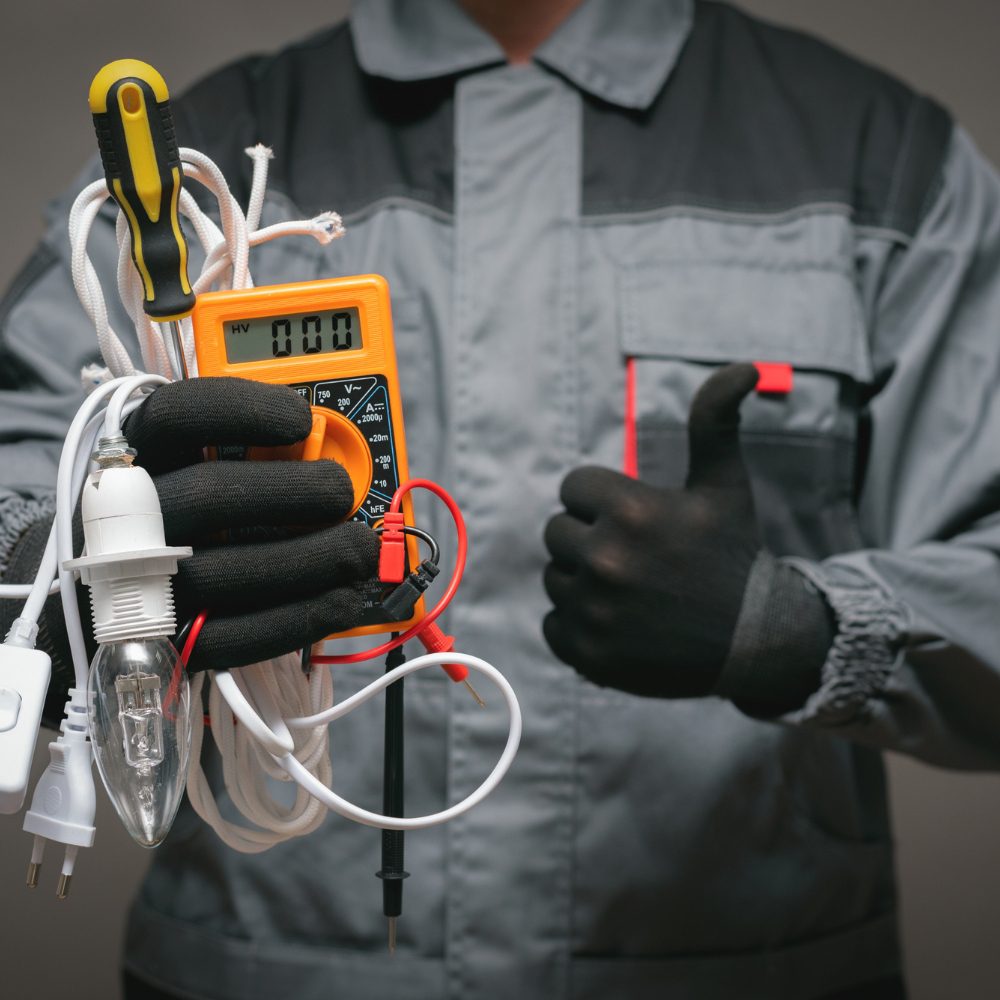

Frequently Asked Questions
How Can I Further Reduce My Electricity Bill If I Already Follow All The Tips Listed?
In the quest to reduce electricity bills, following basic energy-saving tips may not be enough.
As an energy efficiency expert, I recommend exploring the use of smart automation and energy-efficient devices to further lower your energy consumption.
Smart automation allows you to control your home’s temperature, lighting, and appliances remotely, ensuring that they are only in use when needed.
Meanwhile, investing in energy-efficient devices such as LED light bulbs, refrigerators with high Energy Star ratings, and programmable thermostats can significantly reduce your overall energy consumption.
To achieve optimal results and truly belong to a community of environmentally conscious individuals, it is crucial to go beyond the basics and embrace advanced measures that work best for you.
Like a seedling sprouting from fertile soil, your efforts towards efficient electricity usage will blossom into an impactful contribution towards preserving our planet’s resources.
Is It Better To Keep The Heater On All Day Or Turn It On And Off As Needed?
When it comes to keeping your home warm during the winter months, one question that often arises is whether it’s better to keep the heater on all day or turn it on and off as needed.
There are pros and cons to each approach. Keeping the heater on all day can provide a consistent level of warmth throughout your home, but it can also lead to higher energy bills.
On the other hand, turning the heater on and off as needed can help you save money, but it may also result in uneven heating throughout your home.
As an energy efficiency expert, I recommend considering energy-efficient alternatives such as programmable thermostats or zone heating systems that allow you to control the temperature in individual rooms or areas of your home.
These options can help you save money while still providing a comfortable living environment during the winter months.
How Can I Tell If I Have Appliances That Are Using Phantom Energy?
Energy-saving strategies require identifying appliances that use phantom energy, which is a significant contributor to high electricity bills.
Phantom load detectors can help identify these devices and enable households to take steps towards reducing their energy consumption.
These detectors are simple to use and easy to install, making them an effective tool for households looking to reduce their environmental footprint while also saving money on their electricity bills.
By detecting phantom loads, households can make informed decisions about when and how long they use their devices, ultimately leading to more efficient energy usage and cost savings over time.
Can I Use Solar Panels To Power My Heating Appliances?
When it comes to powering heating appliances, the use of solar panels is a popular consideration for those seeking energy efficiency.
However, it’s important to note that while solar panels can reduce energy costs and have long-term benefits, they may not always be the most practical option for heating purposes.
To further maximize energy savings during winter months in Queensland, it is suggested to also consider alternative heating options such as using thermal curtains or installing a programmable thermostat.
As an energy efficiency expert, the key is to weigh the pros and cons of each option to determine the best approach for an individual’s specific needs and budget.
By incorporating these solutions into daily routines and habits, households can effectively reduce their electricity bill while also contributing to a more sustainable environment.
Are There Any Government Rebates Or Incentives For Using Alternative Energy Sources In Winter?
Government rebate eligibility and incentives for using renewable energy options are available for those who wish to reduce their carbon footprint and save on energy costs.
These rebates vary depending on the location, type of technology used, and amount of energy produced.
It’s important to research the options available in your area and consult with a professional to determine which option is best suited for your needs.
By taking advantage of these programs, you can make a positive impact on both the environment and your wallet.
Conclusion
As an energy efficiency expert, it is important to recognize that reducing your electricity bill in winter can be a difficult task. However, implementing simple changes such as adjusting your thermostat and using energy-efficient appliances can make a significant difference. Additionally, ensuring that all electronics are unplugged when not in use and utilizing natural sunlight can also help keep costs down.
It’s important to note that turning the heater on and off as needed is more efficient than keeping it running all day. This will reduce unnecessary energy usage and ultimately save you money.
Furthermore, identifying appliances that are using phantom energy can also contribute to cost savings. Simply unplugging these devices when not in use can result in a noticeable decrease in your electricity bill.
One anticipated objection may be the cost of installing solar panels to power heating appliances. While there is an upfront cost associated with this, it is important to consider the long-term benefits and potential government incentives.
Many regions offer rebates or incentives for households that utilize alternative energy sources, making the investment in solar panels more economically feasible over time.
Overall, reducing your electricity bill during winter may require some effort, but it is certainly achievable with the right strategies in place. By taking small steps towards increased energy efficiency, you can save money while also contributing to a greener environment.









Electrical Contractors in SE Queensland
Electrical contractors in Queensland offer a comprehensive range of services across residential, commercial, and industrial properties. From Electrical Safety and Compliance to Electrical Wiring for New Homes, they cater to various needs, ensuring that all properties are safely and efficiently powered.
Residential Electrical Services
- Electrical Installations
- Lighting, power points, ceiling fans, exhaust fans, and appliances.
- Home Automation
- Smart home systems, lighting control, security systems, and Home Theatre Installation & Setup.
- Switchboard Upgrades
- Replacing old fuse boxes with modern switchboards featuring safety switches.
- Rewiring
- Full or partial rewiring of homes, especially older properties.
- Electrical Inspections
- Safety checks, compliance inspections, and pre-purchase inspections.
- Surge Protection
- Installation of surge protectors to safeguard electronic devices.
- Smoke Alarm Installation, Testing & Inspections
- Compliance with Queensland legislation requiring interconnected photoelectric smoke alarms.
- Outdoor Lighting
- Garden lighting, pool lighting, and security lighting.
- Energy Efficiency Solutions
- LED lighting upgrades, solar panel installations, and energy audits.
- Fault Finding and Repairs
- Diagnosing and repairing electrical issues.
- Renovations and Extensions
- Electrical work for home renovations and extensions.
Commercial Electrical Services
- Commercial Lighting
- Installation of interior and exterior lighting, including LED lighting and emergency lighting.
- Data and Communications
- Cabling for internet, phone systems, and data networks.
- Electrical Fit-outs
- Electrical work for new offices, retail spaces, and other commercial properties.
- Power Distribution
- Installation and maintenance of electrical panels, transformers, and power distribution systems.
- Security Systems Wiring Installation
- CCTV, access control, and alarm systems.
- Electrical Maintenance
- Regular maintenance and testing of electrical systems.
- Energy Management Systems
- Installation and monitoring of systems to reduce energy consumption.
- Testing and Tagging
- Compliance testing and tagging of electrical equipment.
- UPS Systems
- Installation and maintenance of uninterruptible power supply systems.
- HVAC Systems
- Electrical wiring for heating, ventilation, and air conditioning systems.
Industrial Electrical Services
- Industrial Automation
- PLC programming, automation systems, and control panel installations.
- High Voltage Installations
- Installation and maintenance of high voltage systems and equipment.
- Machine Installations
- Electrical wiring and setup of industrial machinery.
- Electrical Maintenance
- Preventive and reactive maintenance for industrial electrical systems.
- Power Factor Correction
- Installation of equipment to improve power factor and reduce energy costs.
- Electrical Upgrades
- Upgrading electrical systems and infrastructure in industrial facilities.
- Instrumentation and Control
- Installation and maintenance of instrumentation and control systems.
- Emergency Power Systems
- Installation and maintenance of backup generators and other solutions.
- Hazardous Area Electrical Work
- Electrical work in hazardous environments, including explosive atmospheres.
- Electrical Design and Engineering
- Custom electrical system design and engineering services.
Additional Services Across Sectors
- Electrical Cost for New Home Construction
- Electrical Contractors For Building Sites
- Electrical Wiring Services
- Electrical Repair & Fault Finding Services
- Electrical Contractors For Real Estate & Property Managers
- Electrical Preventative Maintenance For Commercial & Industrial Machinery
- Three-Phase Power Upgrades & Installation
- Hot Water System Installation & Repairs Services
- Emergency & Exit Light Testing Electrical Services
- Kitchen & Bathroom Renovations Electrical Services
- Exhaust Fans & Bathroom Heating Installation Services
- Air Conditioning Services
- Electrical Appliance Installation
- Electrical Renovations & Extensions
- Electrical Safety Test Inspection
- Test and Tag Services
- Lighting Installation
- Power Point Installation, Upgrades & Replacement
- Switchboard Upgrade & Replacement
- Commercial Electrician
- Industrial Electrician
- Residential Electrician
- Home Automation Installations & Repairs
These services ensure that all properties, from homes to large industrial complexes, receive the highest level of electrical safety, efficiency, and innovation.


